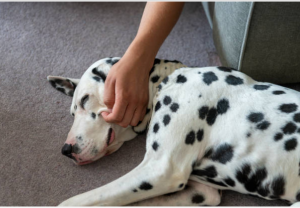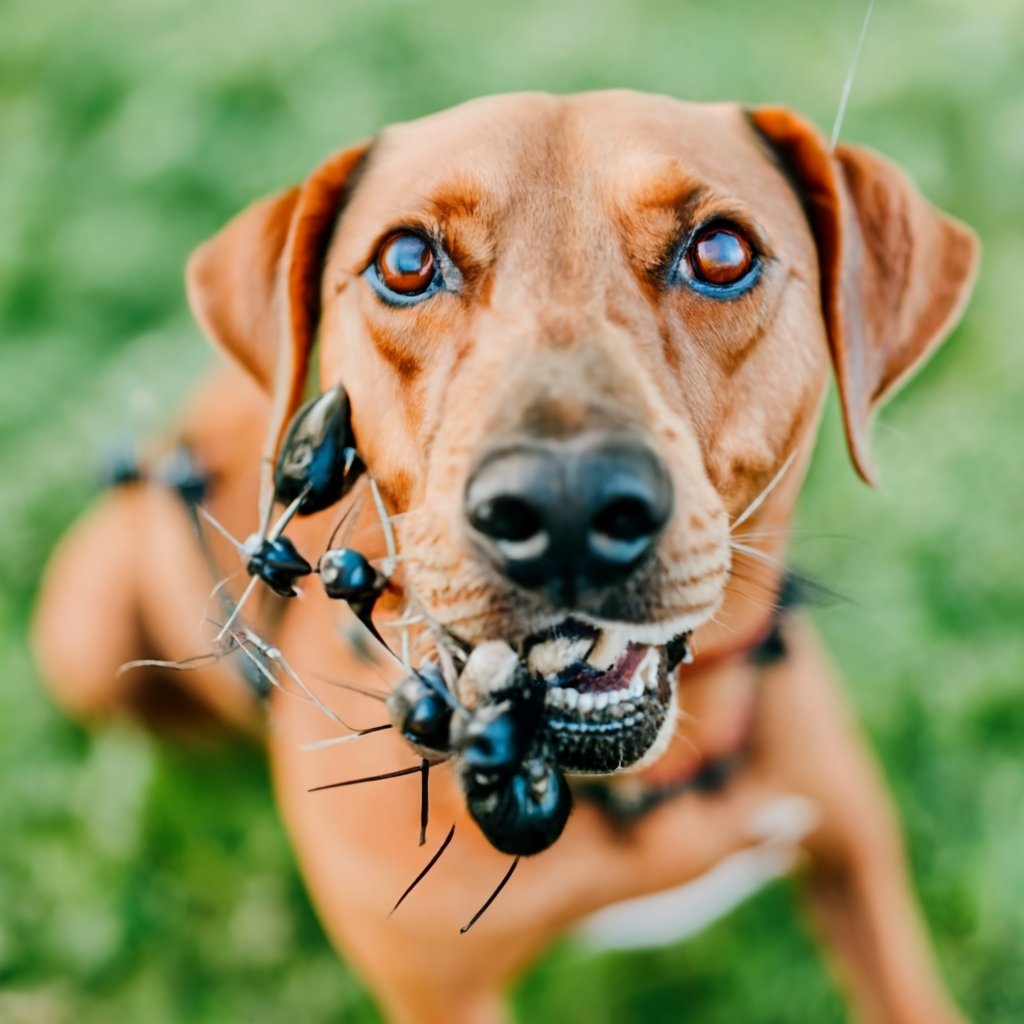Dog With Inflammatory Bowel Disease (IBD)-What To Feed And Its First Aid
Inflammatory bowel disease (IBD) is a chronic inflammatory condition of dogs’ gastrointestinal tract (GI tract). It can affect any part of the GI tract, from the stomach to the colon, and can cause a variety of symptoms, including:
- Vomiting
- Diarrhea
- Weight loss
- Abdominal pain
- Decreased appetite
- Blood in the stool
- Lethargy
IBD is a complex disease with an unknown cause. It is thought to be caused by a combination of factors, including genetics, diet, and the immune system.
Diagnosis of IBD in Dogs
There is no single test to diagnose IBD in dogs. Your veterinarian will likely physically examine and collect blood and stool samples. They may also recommend imaging tests, such as X-rays or ultrasounds, to rule out other possible causes of your dog’s symptoms.
If your veterinarian suspects your dog has IBD, they may recommend a biopsy of the GI tract. This is a procedure in which a small tissue sample is removed from the GI tract and examined under a microscope.
Treatment of IBD in Dogs
There is no cure for IBD, but there are treatments that can help to manage the disease and reduce symptoms. Treatment for IBD typically involves a combination of diet, medication, and lifestyle changes.
Diet
Diet is an integral part of managing IBD in dogs. A diet that is easy to digest and low in allergens can reduce inflammation and improve digestion. Your veterinarian may recommend a commercial diet specifically designed for dogs with IBD, or they may create a custom diet for your dog.
Medication
Medications such as corticosteroids and immunosuppressants can reduce inflammation and suppress the immune system. Antibiotics may also be used to treat bacterial infections in dogs with IBD.
Lifestyle changes
Lifestyle changes can also help to manage IBD in dogs. These changes may include:
- Feeding your dog small, frequent meals
- Avoiding table scraps and other human foods
- Providing your dog with fresh, clean water at all times
- Avoiding stress triggers
First aid for a dog with IBD
If your dog is having an IBD flare-up, there are a few things you can do to help:
- Withhold food for 12-24 hours. This will give your dog’s GI tract a chance to rest.
- Offer your dog small amounts of water frequently.
- After 12-24 hours, start feeding your dog small, frequent meals of a bland diet. This could include boiled chicken and rice or cooked hamburger and white rice.
- If your dog’s symptoms improve, you can gradually return them to their regular diet.
- If your dog’s symptoms do not improve, or if they worsen, contact your veterinarian immediately.
Tips for feeding a dog with IBD
Here are some tips for feeding a dog with IBD:
- Choose a diet that is easy to digest and low in allergens.
- Feed your dog small, frequent meals.
- Avoid table scraps and other human foods.
- Provide your dog with fresh, clean water at all times.
- Avoid stress triggers.
Talk to your veterinarian if you are unsure what to feed your dog with IBD. They can help you create a diet that is right for your dog’s needs.
Conclusion
IBD is a chronic condition that can require lifelong management. However, with proper diet, medication, and lifestyle changes, most dogs with IBD can live long and happy lives.
If you have any questions or concerns about IBD in dogs, please talk to your veterinarian. They are the best source of information and advice for your dog.
Additional information
Here are some additional things to keep in mind about feeding a dog with IBD:
- Some dogs with IBD may benefit from a hypoallergenic diet. This type of diet is made with proteins and carbohydrates that are less likely to cause an allergic reaction.
- Other dogs with IBD may benefit from a grain-free diet. Grains can be difficult for some dogs with IBD to digest.
- It is important to avoid feeding your dog any foods that contain common allergens, such as beef, chicken, dairy, eggs, and soy.
- If your dog is on medication, talk to your veterinarian about how their diet may interact with their medicine.
It is also important to note that dogs with IBD have no one-size-fits-all diet. What works for one dog may only work for one dog. It is essential to work with your veterinarian to find the best diet.



